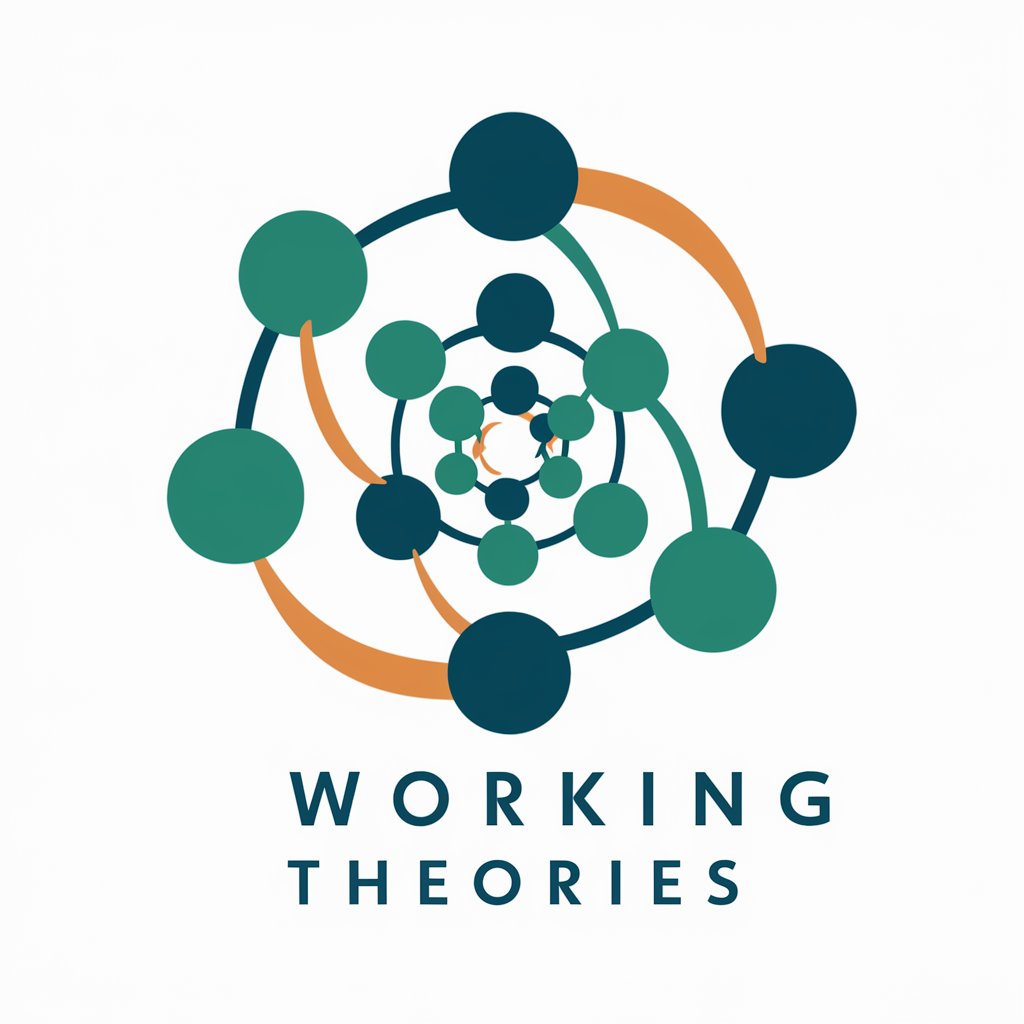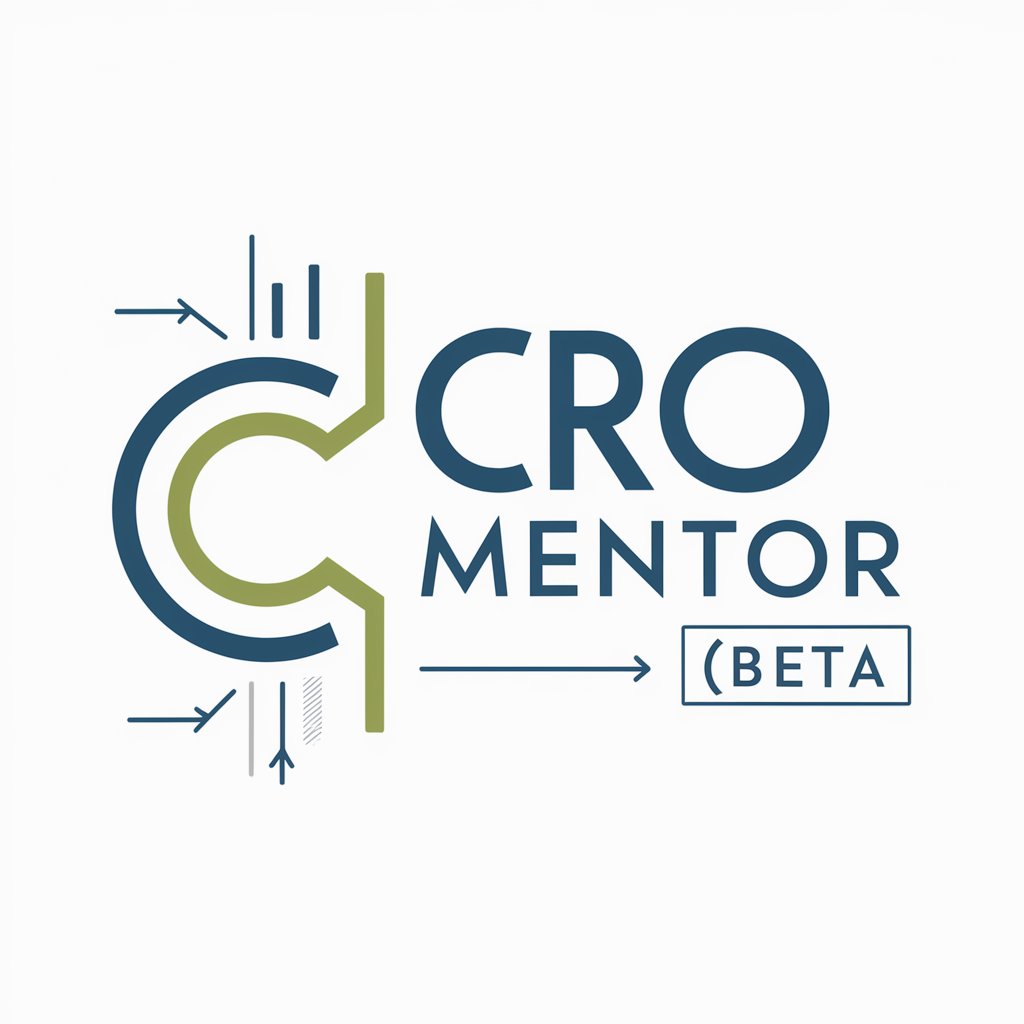5 GPTs for Hypothesis Formulation Powered by AI for Free of 2025
AI GPTs for Hypothesis Formulation are advanced tools designed to assist in generating, refining, and evaluating hypotheses across various fields. Leveraging Generative Pre-trained Transformers, these AI models offer tailored solutions for crafting well-defined hypotheses, making them invaluable in research and analytical tasks. They excel in understanding context, generating insightful questions, and proposing plausible hypotheses based on the data presented, thereby streamlining the initial stages of research and investigation.
Top 4 GPTs for Hypothesis Formulation are: Endocrinologist (Research),Working Theories,CRO Mentor (Beta),GPT - Problema de Pesquisa
Endocrinologist (Research)
Empowering endocrinology research with AI

Working Theories
Empowering Inquiry with AI Insights

CRO Mentor (Beta)
Elevate conversions with AI-driven insights

GPT - Problema de Pesquisa
AI-powered Research Assistant

Key Attributes and Functions
AI GPTs for Hypothesis Formulation excel with their adaptability, capable of spanning a range of functions from generating initial hypothesis ideas to refining and evaluating them based on new evidence. Special features include natural language understanding for complex queries, technical support for statistical analysis, web searching for literature review, image creation for data visualization, and data analysis capabilities for evidence-based hypothesis generation. These features allow for a comprehensive approach to hypothesis formulation, accommodating both qualitative and quantitative research methodologies.
Who Benefits from Hypothesis Formulation AI
AI GPTs for Hypothesis Formulation cater to a wide audience, including novices embarking on their research journey, developers integrating AI into tools, and professionals across various sectors seeking data-driven insights. They are accessible to users without programming knowledge, thanks to user-friendly interfaces, while also offering extensive customization options for those with coding skills, making them versatile tools in the toolkit of researchers, analysts, and academic professionals.
Try Our other AI GPTs tools for Free
Adventure Audio
Discover the power of AI GPTs for Adventure Audio, designed to revolutionize storytelling and gaming with custom, immersive soundscapes. Perfect for creators seeking to enhance their narratives.
Education Music
Discover how AI GPTs are transforming music education with tailored learning experiences, composition assistance, and innovative educational content.
Agile Adoption
Discover how AI GPTs enhance Agile Adoption with tailored solutions, automating tasks and offering real-time insights to improve project management and collaboration.
Industry Advisory
Revolutionize your industry strategy with AI GPTs. Leverage adaptive AI for tailored insights, trend analysis, and decision support in industry advisory.
Social Resource
Explore AI GPTs for Social Resource, the cutting-edge AI solutions designed to enhance social services, resource management, and community support through tailored, AI-driven insights and capabilities.
Educator Puzzles
Discover how AI GPTs for Educator Puzzles are revolutionizing puzzle-based learning, offering customizable, engaging, and interactive educational tools.
Further Exploration into AI-Driven Hypothesis Formulation
AI GPTs revolutionize the hypothesis formulation process by providing customizable solutions across sectors. Their user-friendly interfaces ensure ease of use, while integration capabilities allow for enhancement of existing systems or workflows. These tools not only streamline the research process but also inspire innovative approaches to problem-solving and hypothesis testing in both academic and non-academic settings.
Frequently Asked Questions
What are AI GPTs for Hypothesis Formulation?
AI GPTs for Hypothesis Formulation are specialized AI tools designed to assist in creating, refining, and evaluating hypotheses using advanced natural language processing and machine learning techniques.
Who can use these AI GPT tools?
These tools are designed for a wide range of users, from beginners in research to seasoned professionals in various fields, including developers seeking to integrate AI capabilities into their applications.
Do I need programming skills to use these tools?
No, these tools are designed to be accessible to users without programming skills, offering intuitive interfaces for easy navigation and hypothesis generation.
Can these tools be customized?
Yes, they offer extensive customization options for users with programming expertise, allowing for tailored solutions to specific research needs.
How do these tools aid in hypothesis formulation?
They assist by generating initial hypotheses, providing evidence-based suggestions for refinement, and evaluating the plausibility of hypotheses based on available data and literature.
What makes these tools unique compared to traditional methods?
Their ability to process vast amounts of data and literature at high speed, understand complex queries, and generate insightful responses makes them uniquely efficient.
Can AI GPTs integrate with existing research workflows?
Yes, they can be integrated into existing workflows to enhance research efficiency, offering seamless support for hypothesis generation and refinement.
Are these tools useful for non-academic purposes?
Absolutely, they are valuable for any scenario requiring hypothesis-driven analysis, including business intelligence, policy formulation, and technological innovation.